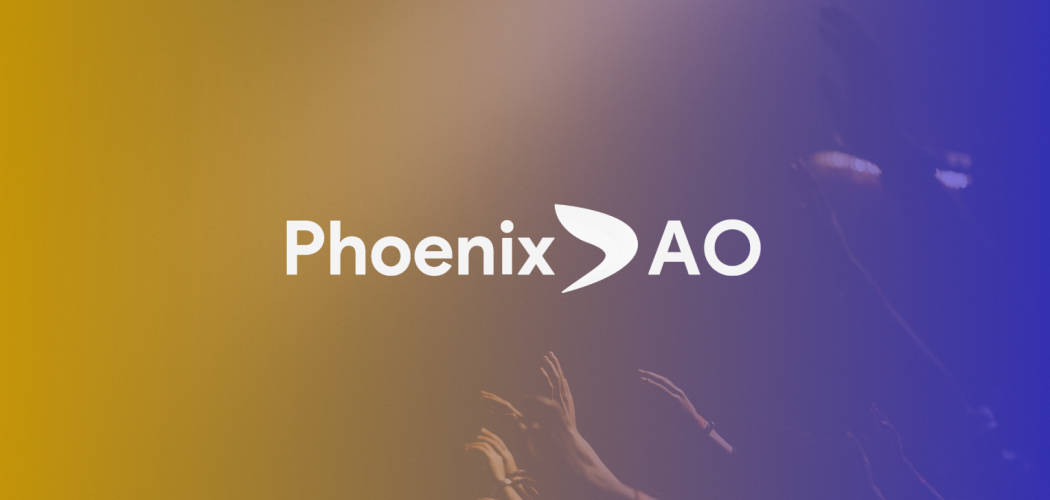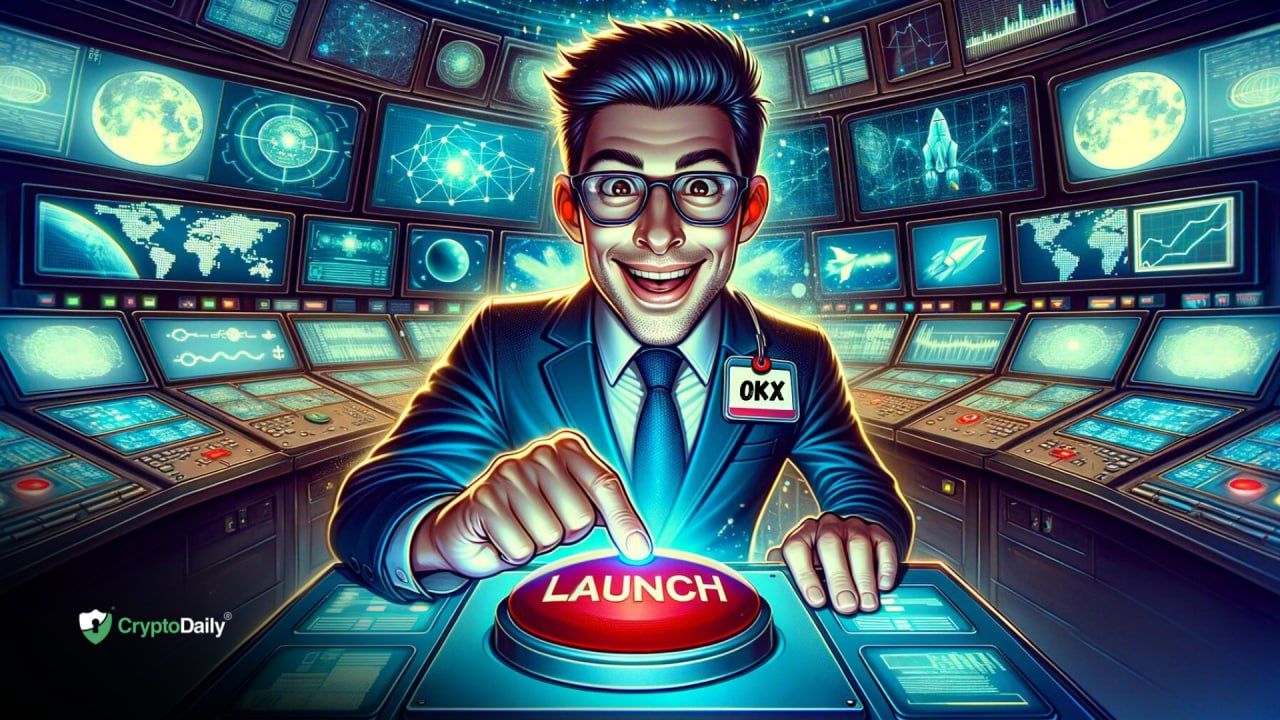Table of Contents
In the past couple of years since the COVID-19 pandemic began, and perhaps even a couple more before it exploded into a worldwide tragedy, the worldwide shift to digital has been slowly but steadily gaining ground.
Around the world, firms have been investing into digital transformation: from internal processes to consumer-facing services and products. With the advent of what has been dubbed as Industry 4.0, or the Fourth Industrial Revolution, automation and digitalization have come to the forefront of everyone's attention. From government services to consumer goods, from financial services to social media, and even from education to work. All these sectors and spaces in social life have increasingly required digital transformation, and these needs have become magnified because of circumstances brought about by the global pandemic.
An Idea Blooms
As the COVID-19 pandemic unfolded, physical distancing was required to inhibit the spread of the virus, and hence, the increased reliance on digital and virtual means of communication and interaction. However, during the onset of the pandemic, mainstream interfaces, devices, and platforms for connecting to the world wide web were not yet fully aligned to the needs of users. As such, the idea of a "metaverse" reality began to spread. It did not, however, originate just from a single company such as Meta (formerly known as Facebook). Rather, it emerged from ideas from the early days of the internet, such as when Neal Stephenson, a science fiction writer, coined the term “metaverse” in his 1992 novel, Snow Crash.
Since then, the idea has been adopted and implemented in technologies such as blockchain, with its early implementations in decentralized protocols such as Decentraland, Upland, and Sandbox. Non-fungible tokens, on the other hand, have augmented the use of the metaverse concept and branched out to functionalities for authenticating virtual presence and connecting physical devices such as smartphones, integrating newer technological innovations such as the Internet of Things (IoT) into blockchain tech.
The idea behind a metaverse is a collective or shared virtual space that converges with virtually enhanced physical reality and physically persistent virtual spaces. With blockchain technology, metaverses can be created and maintained with full transparency and accuracy according to blockchain attributes. The true potential of this technology isn't fully here yet, but major technology firms such as Microsoft and Meta are already racing to make inroads in this developing sector. Meanwhile, we continue to live and work our day to day lives, and the need for secure, reliable, and fully transparent technologies to reinvent and reimagine how we socialize remains. This is where blockchain technology and social connection converge.
Virtual Events, Reimagined
A prime example of an emerging use case for blockchain and digital socialization is PhoenixDAO's Events dApp. Before the pandemic, the traditional method for organizing and booking slots or tickets for events used to be done through rote online booking methods that didn't have reliable records, or had unjustified censorship for attendees based on discriminatory policies. With PhoenixDAO's Events dApp, the whole process is decentralized: transparent, fraud-proof event ticketing and management, blockchain-based authenticity verification, and peer-to-peer transfer of minted NFT tickets (created as ERC721 tokens).
The PhoenixDAO Events dApp provides an avenue for a new digital economy that connects users with its primary services: authentication, payments, and linked identity. Through the Events dApp, organizations or social groups may create and manage their own content for a digital event (held on a metaverse space, or even a physical one), be it an educational or industry conference, a webinar, or even a simple cultural performance event that's streamed online. Users simply need to connect with a compatible wallet such as MetaMask (for now), and sign in through their preferred network, be it Polygon or Ethereum. Details for managing the event can be arranged through the Events dApp dashboard, and later shared for the public or for an organizer's intended audience.
The Future
The possibilities of an Events dApp such as PhoenixDAO's are endless. Perhaps a future iteration may even see event hosts using the platform for augmented reality events like virtual concerts, such as those hosted by artists like The Weeknd's virtual TikTok concert, Travis Scott's 'Astronomical' Fortnite concert, and Ariana Grande's Rift tour (also on Fortnite). Nobody knows, for sure, but with the change of circumstances for socialization and the physical distancing requirements brought about by the global pandemic, the future of events and social gatherings has already begun to transition to the digital, and blockchain technologies will make these connections and experiences better and more reliable.
Disclaimer: This article is provided for informational purposes only. It is not offered or intended to be used as legal, tax, investment, financial, or other advice.












